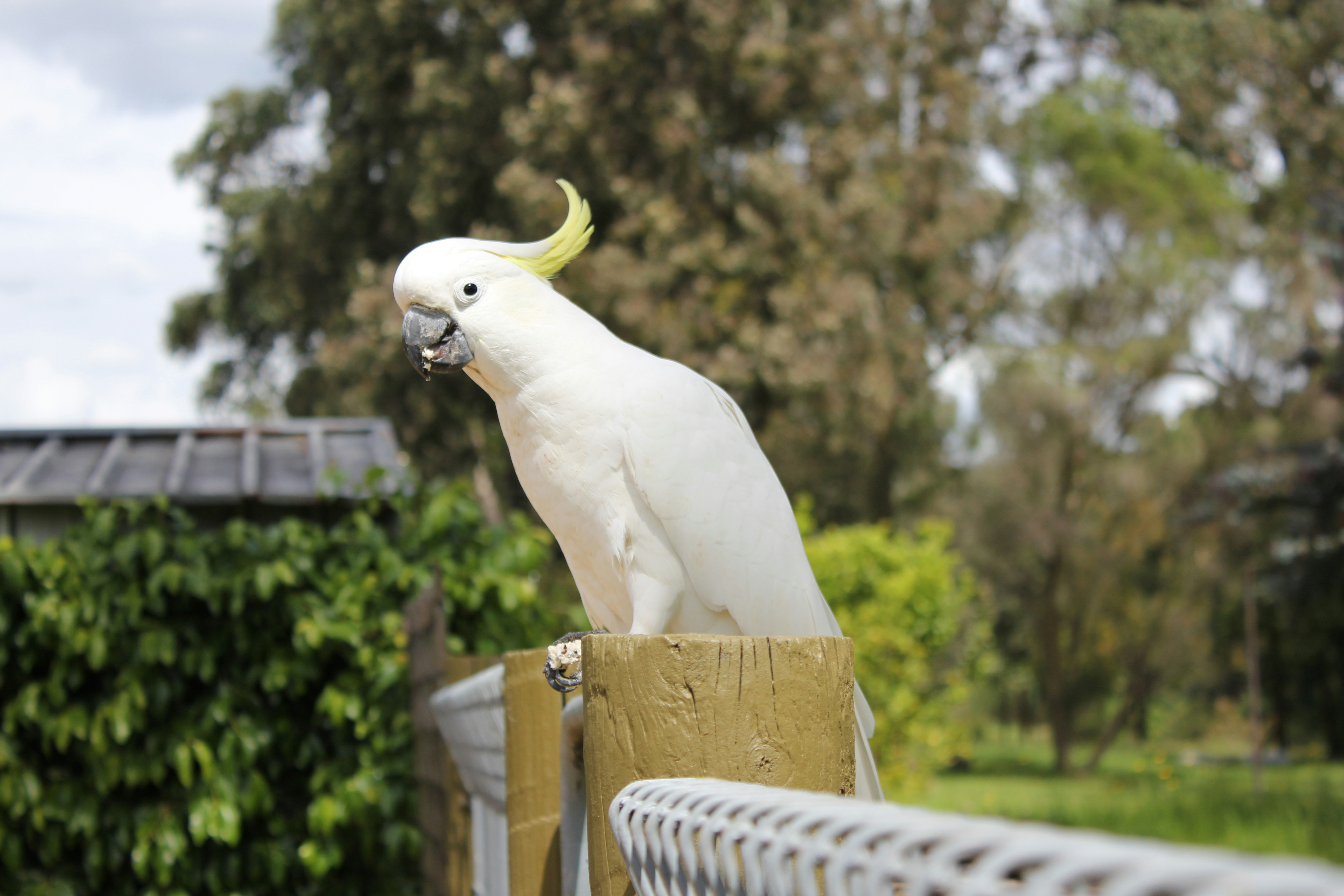News release
From:
Can mobile phone networks and Bluetooth technology help researchers improve animal tracking?
Animal tracking studies for ecology and conservation all face technological limitations such as high costs or the need for tags to remain in close proximity to detectors. In research published in Methods in Ecology and Evolution, investigators describe a solution that can overcome many current limitations by employing the massive global network of personal mobile phones as gateways for tracking animals using Bluetooth low energy beacons.
In areas with medium to high density of people, these simple, lightweight, and inexpensive beacons can provide regular updates of position with a battery life of 1–3 years. Through field testing with sulphur-crested cockatoos and white-winged choughs, the beacons were capable of producing reliable high-frequency tracking data. The researchers were further able to demonstrate the potential of this method to study movements, home ranges, and social networks of urban living animals.
“We know that wildlife exhibit fascinating responses to urban habitats, and the ability to cheaply and reliably track animals will help to unlock many secrets of our urban animals,” said corresponding author Damien R. Farine, PhD, of the Australian National University.



 Australia; ACT
Australia; ACT



